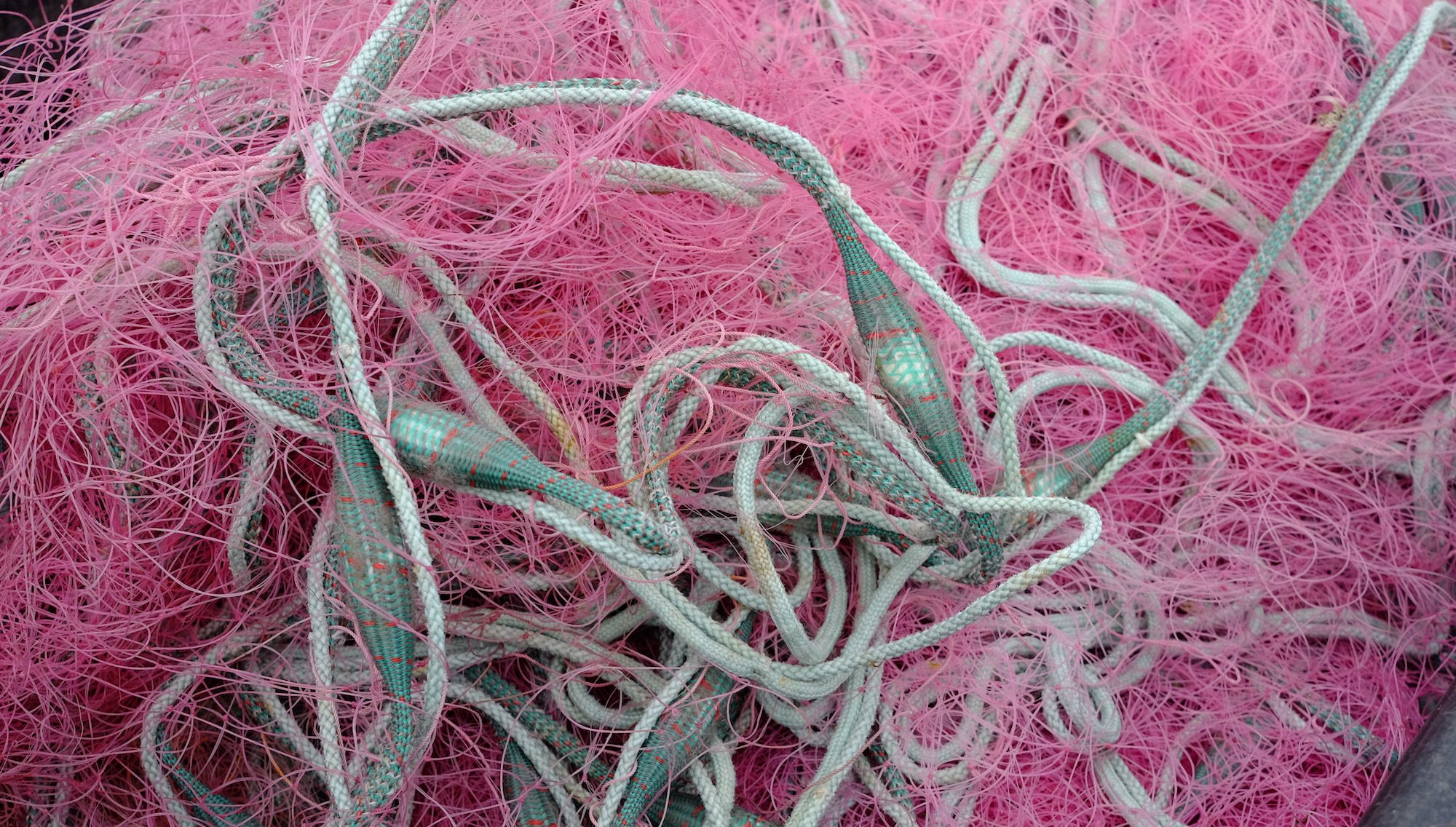Transcript
Theme Music – Pling by Dorian Roy
Andrés Del Castillo
We believe that there are different types of upstream measures that will be necessary to end plastic pollution, from regulating fossil-fuel subsidies to transparency of data on plastic production. But there are three measures that are getting more attention. And the first one is the overall cap on the production of plastics, a second will be a phase-out and restrictions on specific polymers and chemicals of concern – and finally, a moratorium.
Anja Krieger
Welcome to Plastisphere, the podcast on plastics, people, and the planet, with the #PlasticsTreaty Shorts. I’m Anja Krieger, and today, you’ll hear a message from Andrés Del Castillo. Andrés is a Senior Attorney from Columbia working with CIEL, the Center for International Environmental Law in Switzerland. CIEL is a non-governmental organization that has long pointed out the broader implications of plastic pollution. They have published reports on the connection between plastics and climate change, on plastics and human health, and between plastics and the petrochemical industry and fracking. As you probably know, most plastics are still made from fossil fuels. Gas, oil and coal can be turned into precursors like ethylene, propylene or butadiene and then made into different kinds of plastic polymers. Andrés says that we need to regulate these building blocks, just like the plastics and chemicals they are turned into. But we don’t need to wait for the global community to agree on production caps. There’s another way to halt the growth in production. Hear more from Andrés.
Andrés Del Castillo
So let me talk about this first measure that is the idea of an overall cap on production of plastics – we know that we need to close the tap, and starting from what we call the building blocks or part of those plastics precursors. And when we mention plastic precursors, we mean the building blocks of plastics, including monomers, polymers and associated chemicals as well as plastic materials like pre-industrial pellets.
On the second measure, this idea of phase-out or restriction of polymers and chemicals of concern is something that many countries are considering as one of the main outputs of these negotiations, which means prioritise those chemicals or polymers or materials that need to be a excluded from the markets because of their health and their environmental concerns.
And the third part of the measures that we consider will be relevant is this idea of moratoriums. And moratoriums have a different dynamics than production caps. Mainly because these could be also political tools that can have an immediate effect meanwhile the overall cap is put in place, a moratorium on the authorization of new petrochemical facilities or the expansion of existing petrochemical facilities producing plastic precursors or plastic materials that rely on fossil-fuel feedstock can be stopped – meaning a freeze on new permits for expansion or for new facilities. So we can see that this is also a valuable tool to consider, and the countries don’t need to wait until a treaty is negotiated and then adopt it – they can start from now saying, stepping up saying we need to stop the oversupply of plastics, we need to stop the expansion of the petrochemical industry and we need to stop to grant these kind of permissions for increasing the capacity of production.
Anja Krieger
That was a message from Andrés Del Castillo from the Center for International Environmental Law. There are more and more voices calling for an overall reduction in the production of plastics. And it’s backed up by research. In 2020, the journal Science published scenario studies that looked into the future. These projections show that the growth in plastic production is just too high for waste management to keep up with. And plastics don’t just cause issues at the end of their lifecycle, when they have gone to waste. You might remember the terrible train accident in Ohio, in the United States, which polluted a whole community. This train transported vinyl chloride and other chemicals used to produce plastics. When the train derailed, those chemicals were released into the environment. Read more in Rebecca Altman’s excellent essay “On Vinyl” in Orion Magazine. You’ll find the link in the shownotes.
I think we need to tackle the plastics issue at its root. That’s why I joined a group of scientists to call for a cap on plastic production last year. By this summer, the European Union and the whole African group were calling for a reduction of plastic production. That’s over 80 countries. Reducing production seemed like a fringe idea ten years ago – today, it’s becoming mainstream. But let’s see if a cap or reduction target can really make it into the treaty text. And if it does, the next tricky question is: How do we make it work?
That was today’s input for the #plasticstreaty process. Thank you, Andrés for your message! Dear listeners, if you have a thought to share, you can send me a voice message. Please follow the recording instructions on plastisphere.earth. See you soon on the Plastics Treaty Shorts!
